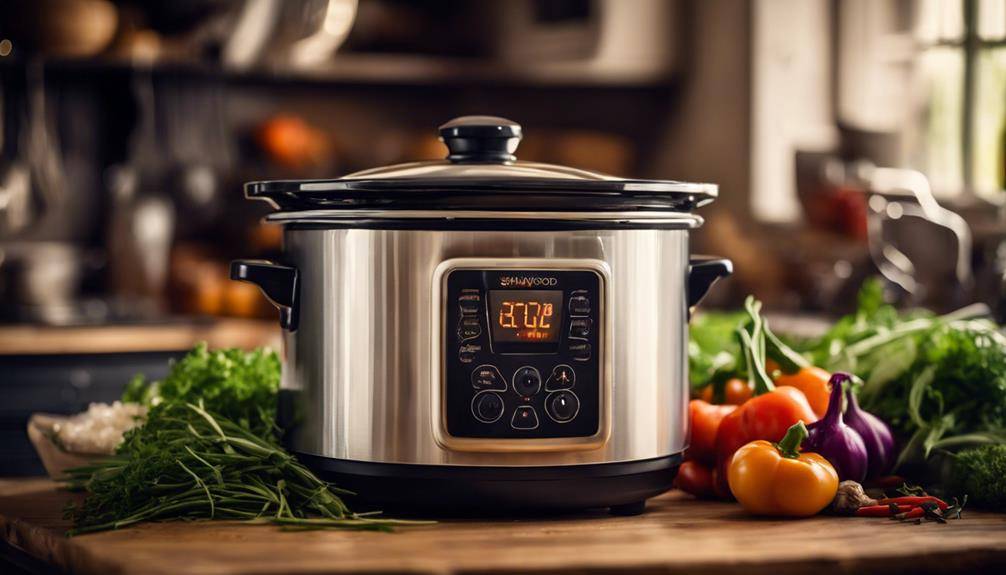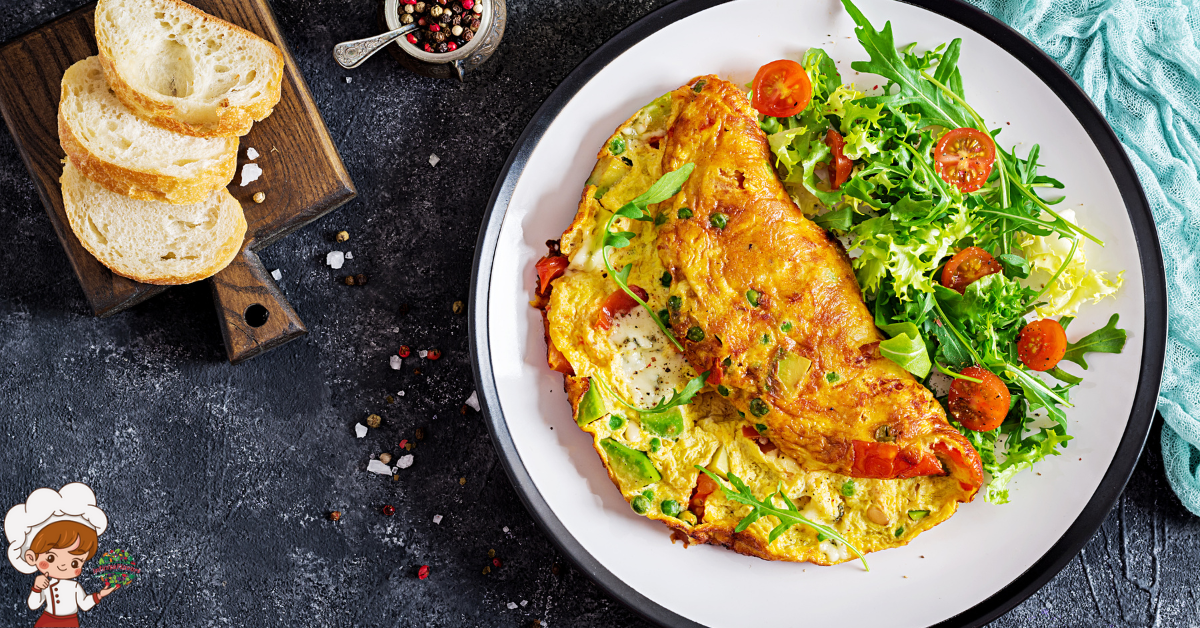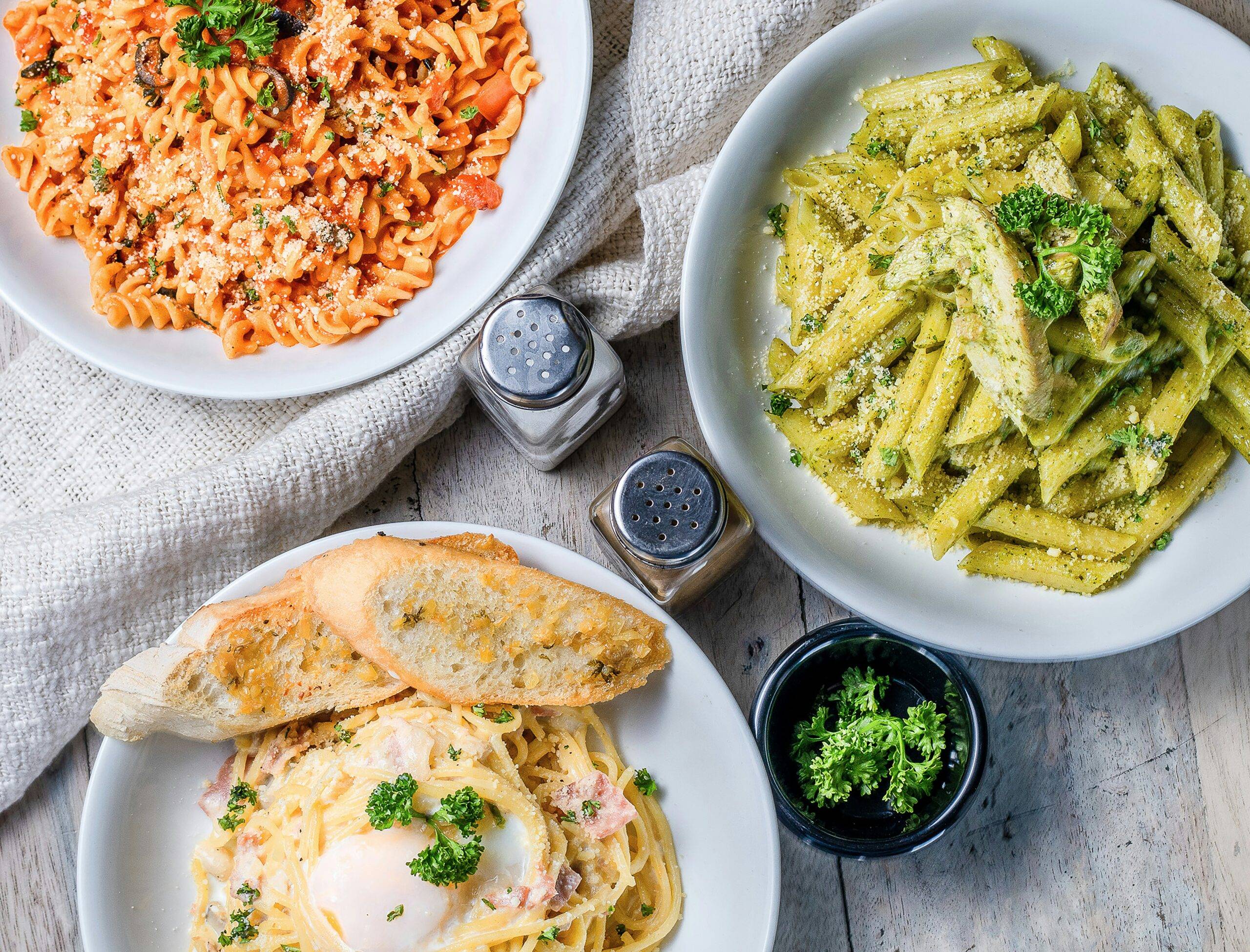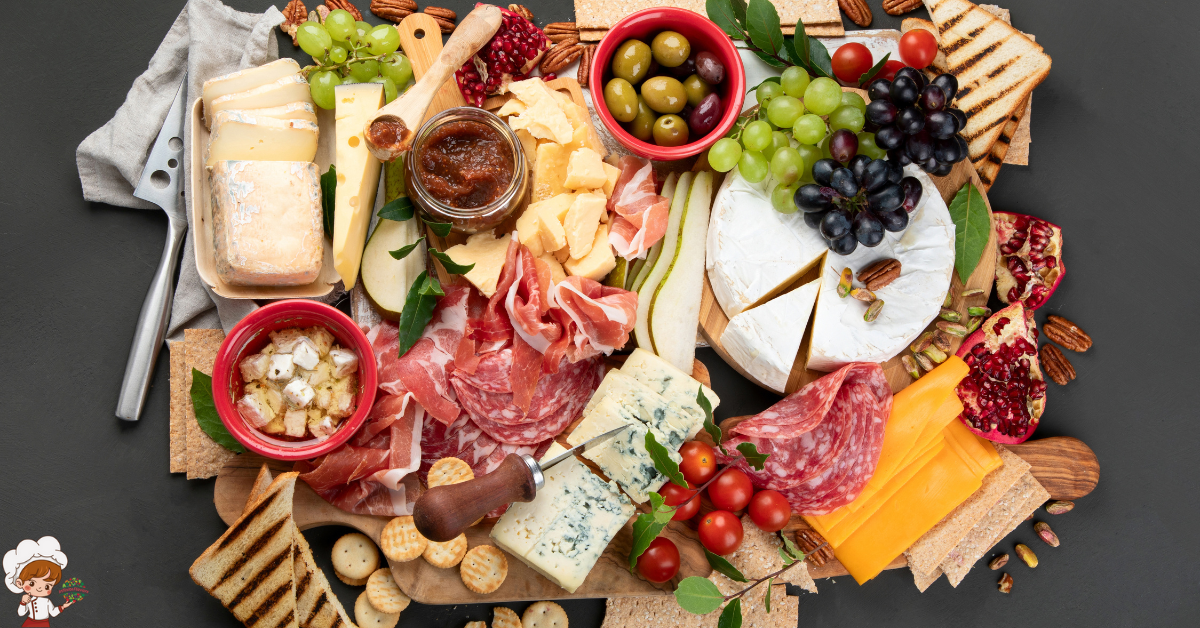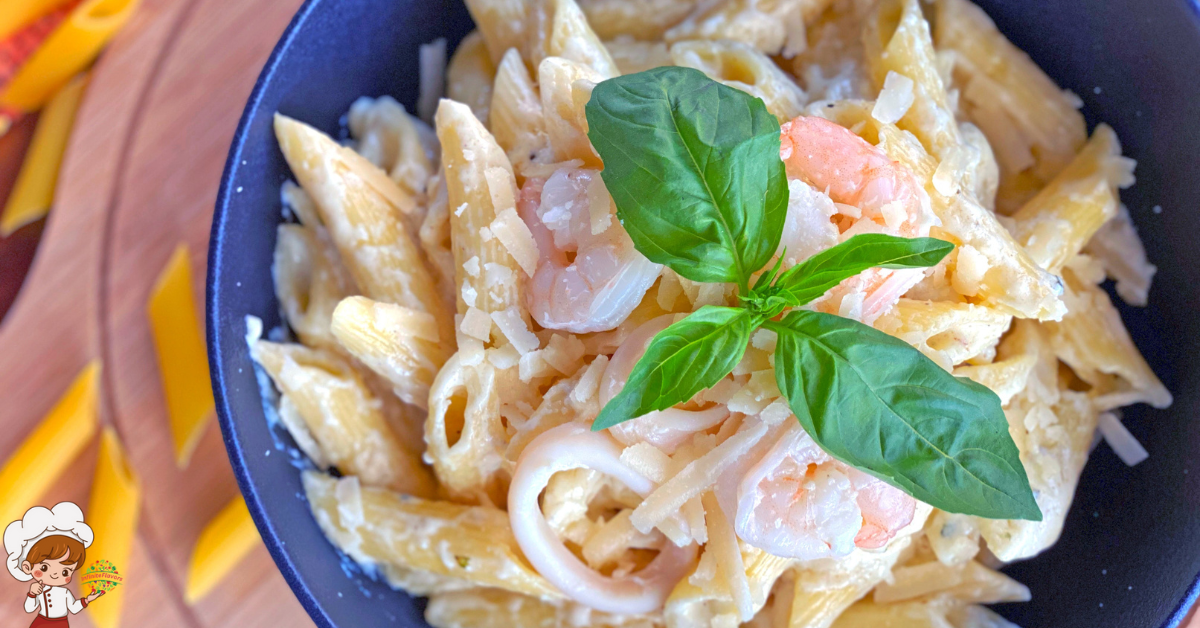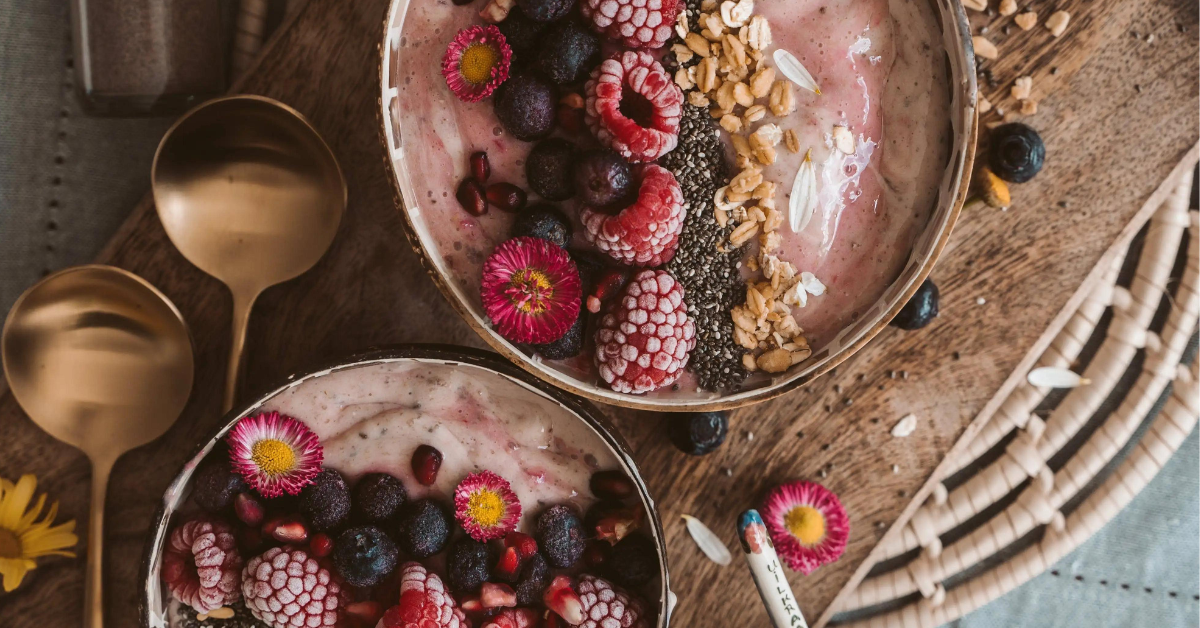Popular Top 10 Essential Skills for Beginner Cooks
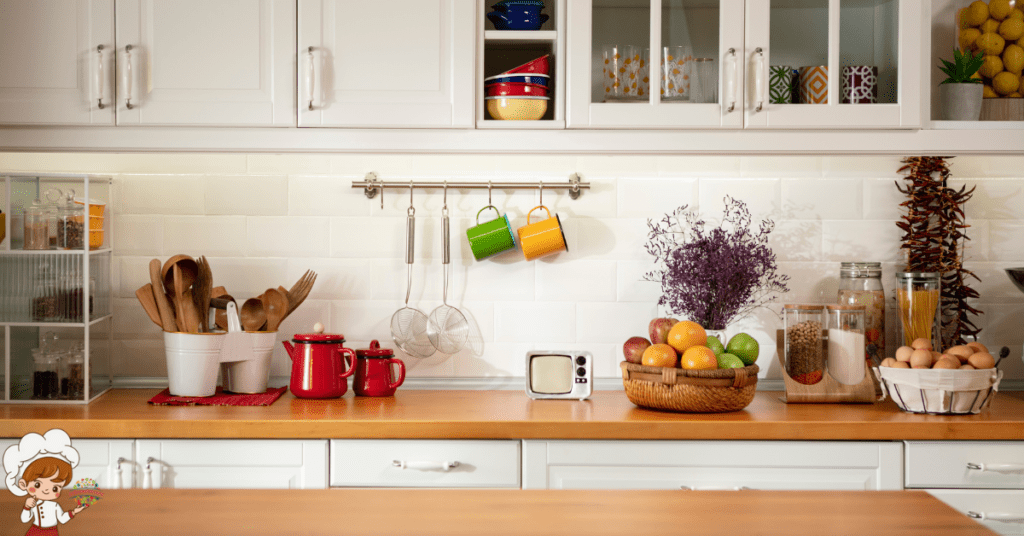
Top 10 Essential Skills for Beginner Cooks; So you’ve decided to embark on the culinary journey of a lifetime? Congratulations! Cooking can be a truly fulfilling and enjoyable experience. But, like any adventure, it requires a few essential skills to navigate the kitchen with confidence. In this guide, we will explore the top 10 must-have abilities for beginner cooks. From mastering the art of knife skills to understanding heat and temperature, these skills will set you on the path to becoming a culinary maestro. So, grab your apron and let’s dive into the world of cooking, one skill at a time. Remember, with practice and determination, you’ll be whipping up delicious meals in no time!
Knife Skills
To improve your cooking abilities, start by mastering the art of knife skills. Proper knife skills are the foundation of every great chef’s repertoire. Not only will they make your prep work faster and more efficient, but they will also ensure your safety in the kitchen. Knife safety is of utmost importance, and understanding the proper techniques will help prevent accidents and injuries.
When it comes to knife safety, there are a few key rules to follow. Always keep your knives sharp, as a dull blade can slip and cause accidents. Use a cutting board that is stable and secure to prevent it from moving around while you’re slicing. And never, under any circumstances, try to catch a falling knife – let it drop to the ground. Remember to always keep your fingers curled under and use the knuckles of your guiding hand as a guide for the knife, keeping them in contact with the side of the blade. This will help prevent accidental slips and cuts.
In addition to knife safety, proper knife care is essential for maintaining the longevity and performance of your knives. After each use, wash your knives with warm, soapy water, dry them thoroughly, and store them in a knife block or on a magnetic strip. Avoid putting them in the dishwasher, as the high heat and harsh detergents can damage the blade. Regularly sharpen your knives to ensure they remain sharp and effective.
Understanding Heat and Temperature
How can you effectively understand heat and temperature while cooking? Heat control is a crucial skill that every beginner cook should master. It is the key to achieving perfectly cooked meals. Understanding heat and temperature allows you to control the cooking process and ensure that your food is cooked to the desired level of doneness.
To effectively control heat, it is important to know the different levels of heat and how they affect your food. High heat is ideal for searing and browning, while medium heat is great for sautéing and simmering. Low heat is perfect for slow cooking and delicate dishes. By adjusting the heat accordingly, you can prevent your food from burning or undercooking.
Understanding doneness is another important aspect of heat and temperature. Doneness refers to the level of cooking that you desire for your food. For example, a rare steak will have a cool, red center, while a well-done steak will be completely cooked through. By understanding the desired level of doneness for different types of food, you can achieve the perfect texture and flavor.
To ensure that you have complete control over heat and temperature, it is important to invest in a reliable thermometer. This will help you accurately measure the internal temperature of your food and determine its doneness. Remember to insert the thermometer into the thickest part of the food to get an accurate reading.
Basic Cooking Techniques
Now that you understand heat and temperature, let’s dive into the basic cooking techniques every beginner cook should know. These techniques will help you master the art of cooking and create delicious meals in your kitchen.
First and foremost, it’s important to have the right cooking equipment. Invest in a good set of knives, pots and pans, and utensils. These tools will make your cooking experience much easier and more enjoyable. Additionally, familiarize yourself with the different cooking methods such as boiling, sautéing, frying, and baking. Each method requires different temperatures and techniques, so it’s important to understand the basics of each.
Next, let’s talk about kitchen safety. Always remember to practice proper hygiene by washing your hands before and after handling food. Use separate cutting boards for raw meats and vegetables to avoid cross-contamination. When using the stove or oven, be cautious of hot surfaces and use oven mitts or pot holders to protect your hands. Keep a fire extinguisher nearby in case of emergencies and never leave the kitchen unattended while cooking.
Lastly, experiment with different recipes and ingredients to enhance your cooking skills. Don’t be afraid to try new flavors and techniques. Cooking is a creative process, so have fun and enjoy the journey. As you gain more experience, you’ll become more confident in the kitchen and develop your own style of cooking.
Meal Planning and Grocery Shopping
Start by creating a grocery list based on your meal plan for the week. Meal planning is a crucial skill for beginner cooks, as it helps you stay organized and ensures that you have all the necessary ingredients on hand. By planning your meals in advance, you can save time and money by avoiding last-minute trips to the grocery store.
When creating your meal plan, consider your schedule for the week and choose recipes that are realistic and achievable. Think about what ingredients you already have at home and build your meals around those items. This will help you minimize waste and make the most of what you already have in your pantry.
Once you have your meal plan in place, it’s time to tackle the grocery shopping. Before heading to the store, take a few minutes to review your pantry and make a list of the ingredients you need. This will help you stay focused and avoid buying unnecessary items.
When budgeting for groceries, it’s important to be mindful of your spending. Consider buying in bulk, as it can often be more cost-effective. Look for sales, discounts, and coupons to help stretch your budget further. Additionally, opt for seasonal produce, as it tends to be cheaper and fresher.
Meal prepping is another great strategy to save time and money. Consider cooking large batches of meals and portioning them out for the week. This way, you can simply grab and heat up your meals, eliminating the need for cooking every day.
Proper Food Storage and Handling
To ensure food safety, always handle and store ingredients properly in your kitchen. Proper food storage and handling are crucial skills for any beginner cook. By following the right techniques, you can prevent foodborne illnesses and maintain the quality of your ingredients.
When it comes to food safety, one of the golden rules is to keep raw and cooked foods separate. Raw meats, poultry, and seafood should be stored separately from other ingredients, such as fruits and vegetables. This helps to avoid cross-contamination and the spread of harmful bacteria. Make sure to use separate cutting boards and utensils for raw and cooked foods as well.
Another important aspect of proper food storage is maintaining the right temperature. Perishable foods, like meats and dairy products, should be kept refrigerated at a temperature below 40°F (4°C). Freezing is also a great way to extend the shelf life of many ingredients. Just make sure to label and date your frozen items, so you know how long they have been stored.
Proper storage techniques also include keeping dry ingredients, such as flour and grains, in airtight containers to prevent moisture and pests from getting in. Additionally, it’s important to regularly clean and sanitize your kitchen surfaces and utensils to avoid the build-up of harmful bacteria.
Flavor Pairing and Seasoning
Enhance your culinary skills by mastering the art of flavor pairing and seasoning. Understanding how different flavors work together and knowing how to properly season your dishes can take your cooking to the next level. Here are a few key points to keep in mind:
- Flavor Pairing Techniques:
- Contrasting Flavors: Combining sweet and spicy, or sour and savory, can create a harmonious balance on your plate.
- Complementary Flavors: Pairing ingredients that naturally go well together, like lemon and dill with fish, can enhance the overall taste of a dish.
- Regional Pairings: Exploring traditional flavor combinations from different cuisines can add depth and complexity to your cooking.
- Importance of Seasoning:
- Enhancing Flavor: Seasoning with salt, pepper, herbs, and spices can elevate the taste of your ingredients and bring out their natural flavors.
- Balancing Flavors: Proper seasoning can help balance out the taste of a dish by adding a touch of sweetness, acidity, or umami.
- Adding Depth: Layering different seasonings throughout the cooking process can create depth and complexity in your dishes, making them more interesting and enjoyable.
Time Management in the Kitchen
- Prioritize your tasks to ensure efficient use of time in the kitchen.
Efficient meal prep and multitasking in the kitchen are essential skills that can save you precious time and make your cooking experience more enjoyable. When it comes to time management in the kitchen, the key is to prioritize your tasks. Start by making a list of everything you need to do, from chopping vegetables to preheating the oven. Then, organize your tasks based on their importance and time requirements.
Begin with tasks that require longer cooking times or marinating, so that they can be started first. While those dishes are cooking, you can move on to tasks that require less time, such as chopping vegetables or preparing a sauce. By multitasking and working on multiple tasks simultaneously, you can make the most of your time in the kitchen.
Another way to efficiently manage your time is by prepping ingredients in advance. Take some time to wash, peel, and chop vegetables ahead of time, so they are ready to use when you start cooking. You can also pre-measure ingredients and store them in separate containers, making it easier to grab and add them to your dishes.
In addition to prioritizing tasks and prepping ingredients, it’s important to clean as you go. While something is simmering on the stove, take a few minutes to wash and put away any utensils or dishes you no longer need. This will help keep your workspace organized and prevent clutter from slowing you down.
Recipe Reading and Adaptation
Now let’s dive into the next essential skill for beginner cooks: reading and adapting recipes. Being able to understand and follow a recipe is crucial in the kitchen, but sometimes you may need to make modifications or substitutions based on your dietary preferences, ingredient availability, or personal taste. Recipe modification and ingredient substitution are two important aspects of recipe reading and adaptation. Here are some tips to help you master this skill:
- Understand the recipe: Read the recipe thoroughly before you start cooking. Familiarize yourself with the ingredients, cooking techniques, and equipment required. This will give you a better understanding of the recipe and help you plan any necessary modifications.
- Make ingredient substitutions: Sometimes, you may not have all the ingredients listed in a recipe. Don’t worry! You can make substitutions based on what you have on hand. For example, if a recipe calls for buttermilk and you don’t have any, you can make a simple substitution by adding a tablespoon of lemon juice or vinegar to a cup of regular milk.
- Modify cooking techniques: Recipes often provide specific cooking times and temperatures, but you can adapt them to suit your needs. If you prefer your vegetables more tender, you can increase the cooking time. If you like your meat well done, you can cook it for a few minutes longer. Just be mindful of the overall cooking process and adjust accordingly.
Organization and Cleanliness
To excel in the kitchen, beginners must prioritize organization and cleanliness, ensuring smooth and efficient cooking processes. Being organized in the kitchen not only helps you find ingredients and utensils quickly, but it also saves you time and reduces stress. Here are some organization tips to help you get started.
Firstly, keep your kitchen tools and ingredients in designated areas. Store your pots, pans, and cooking utensils in easily accessible drawers or cabinets. Keep your spices and herbs in a spice rack or drawer, arranged in alphabetical order for easy retrieval. Use clear containers to store dry ingredients like flour, sugar, and rice, so you can easily see when you’re running low. Label the containers to avoid confusion.
Another organization tip is to plan your meals and create a shopping list. This will help you avoid last-minute trips to the grocery store and ensure you have all the necessary ingredients on hand. Keep a whiteboard or a notepad on your fridge to jot down items as you run out of them.
In addition to being organized, maintaining cleanliness in the kitchen is crucial for food safety. Follow these cleanliness guidelines to keep your cooking environment hygienic. Wash your hands thoroughly with soap and water before and after handling food. Clean your cutting boards, knives, and countertops after each use to prevent cross-contamination. Use separate cutting boards for raw meat, poultry, and vegetables to avoid bacteria transfer.
Basic Plating and Presentation
Now that you’ve mastered the basics of cooking, it’s time to take your culinary skills to the next level by learning about basic plating and presentation. These skills are essential for any beginner cook who wants to elevate their dishes from ordinary to extraordinary. In this section, we will explore some simple plating techniques and discuss the importance of presentation in making your meals visually appealing.
Plating Techniques for Beginners
Start by mastering the art of basic plating and presentation techniques as a beginner cook. This will not only enhance the visual appeal of your dishes but also elevate the overall dining experience for your guests. Here are some beginner plating techniques and creative presentation ideas to get you started:
- Use negative space: Arrange your food on the plate in a way that leaves empty spaces, allowing the dish to breathe and creating an elegant and balanced look.
- Play with colors: Incorporate vibrant and contrasting colors to make your dish visually appealing. Consider using colorful vegetables or edible flowers as garnishes.
- Experiment with textures: Combine different textures in your dish to create a visually dynamic plate. Pair crispy elements with creamy ones, or use crunchy toppings to add texture to a smooth dish.
Importance of Presentation
As a beginner cook, it is crucial to understand the importance of presentation in basic plating and presentation techniques. The way a dish looks can greatly impact the overall dining experience and perception of taste. This is where the importance of food styling comes in. Food styling involves arranging and presenting the food on a plate in an aesthetically pleasing manner.
It is a way to create visually appealing dishes that not only taste good but also look appetizing. By paying attention to details such as color, texture, and arrangement, you can elevate your dishes to a whole new level. So, take the time to practice your plating skills and experiment with different techniques. Remember, presentation is not just about making your food look pretty, but also about enhancing the overall dining experience for yourself and your guests.
Frequently Asked Questions: Top 10 Essential Skills for Beginner Cooks
How Do I Select the Right Cuts of Meat for Different Cooking Methods?
To select the right cuts of meat for different cooking methods, start by understanding the characteristics of each cut. Consider factors like tenderness, fat content, and desired final texture. This knowledge will help you make delicious meals every time.
What Are Some Tips for Avoiding Cross-Contamination in the Kitchen?
To avoid cross-contamination in the kitchen, follow these tips: organize your utensils properly, keeping separate ones for raw and cooked foods. Store different types of food separately to prevent any potential contamination.
How Can I Adapt a Recipe to Accommodate Dietary Restrictions?
To adapt a recipe for dietary restrictions, start by substituting animal products with plant-based alternatives for vegan recipes. For gluten-free diets, swap wheat-based ingredients with gluten-free alternatives like rice flour or almond flour.
What Are Some Common Mistakes to Avoid When Meal Planning and Grocery Shopping?
When meal planning and grocery shopping, some common mistakes to avoid include not creating a list, impulse buying, and not considering your dietary restrictions. Use meal prep hacks and budget-friendly strategies to stay organized and save money.
How Do I Properly Use Kitchen Tools and Equipment to Avoid Accidents?
To properly use kitchen tools and equipment, it’s crucial to prioritize kitchen safety. Understanding the correct usage of each tool and following safety guidelines will help you avoid accidents and ensure a smooth cooking experience.
Conclusion
In conclusion, mastering these top 10 essential skills for beginner cooks will set you on the path to becoming a confident and capable home chef. From knife skills to understanding heat and temperature, and from meal planning to basic plating and presentation, these skills will elevate your cooking game and impress your friends and family. So grab your apron and get cooking! With practice and dedication, you’ll soon be creating delicious meals with ease. Happy cooking!



